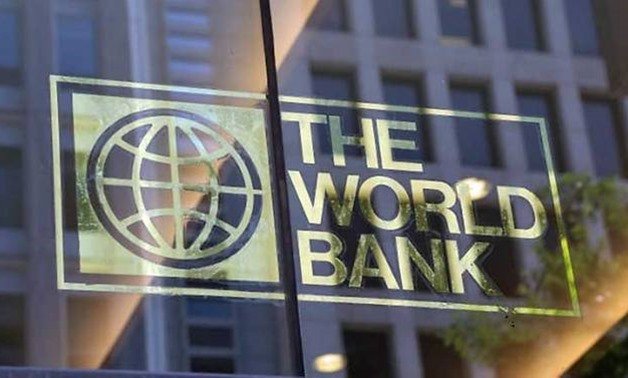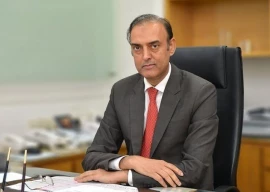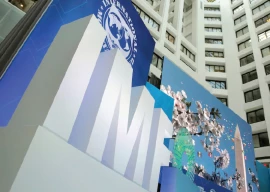
Instead of presenting the audience with possible future scenarios, the World Bank report assumes an upper middle income status for Pakistan by 2047 without presenting any objective road map to achieve that. Most of the policy recommendations are second rate at best if not contradictory or already being implemented.
Blaming the poor governance structure in the way of implementing any possible reforms, the report calls for increasing transparency by passing the Right of Access to Information Act, publishing audited financial statements of state-owned enterprises (SOEs) and conducting e-procurements to reduce corruption.
However, the Right of Access to Information Bill has already been passed in 2017, many SOEs including Pakistan International Airlines (PIA) have been publishing annual audited financial reports and most procurement has been taking place through PPRA’s online portal at both federal and provincial levels. Governance, nevertheless, has deteriorated over the past decade.
Pakistan’s GDP growth may slow down to 3.4%: World Bank
Similarly, while the World Bank advocates devolution of powers to improve governance, the International Monetary Fund (IMF) at the same time is encouraging government to cut provincial shares in the next National Finance Commission (NFC) award for meeting the federal budget deficit target.
The World Bank has also asked Pakistan to increase its fiscal space first by enhancing tax receipts if it needs to invest more in its infrastructure and people. This is in contrast to the debt-driven infrastructure development by the West and China during the last recession to stimulate the economy.
The focus of World Bank’s policy should be more on removing roadblocks in attracting private infrastructure investments instead of mere expansion of the tax-to-GDP ratio to finance infrastructure. The government could provide a small seed capital to incentivise the private sector into making the rest of the investment.
Infrastructure projects may be planned to generate revenue and managed by private firms - if a pragmatic public-private partnership (PPP) policy is introduced.
The World Bank team has particularly emphasised on the fact that Pakistan’s fertility rate is the highest among neighbouring countries and believes that most of the country’s development woes stem from a lack of population control.
By focusing more on women education, Pakistan can reverse the trend of early child marriages as well as increase the labour force participation. This will then help improve maternal and child health as well.
However, this is a typical reductionist approach to a very complex political and religious problem. K12 education might or might not translate into increased economic dividends for a traditional woman, who works in the field or runs her own cottage industry.
What we need is a systemic approach – calling for a complete solution after addressing religious, social, cultural and political concerns.
PTI govts secure $518 million from World Bank for ‘tax reforms’
The report also mentions that Pakistan has undergone difficult reforms in the past such as liberalisation of the banking sector successfully. What it fails to mention is how we can fix white elephants like PIA and Pakistan Post in a similar fashion?
In fact, it always pays to strengthen the regulatory bodies concerned before reforming SOEs. Regulators should be empowered to approve cost-based tariffs and should remove exclusivity protections.
Pakistan Telecom-munication Authority and the State Bank of Pakistan are two examples of strong regulatory bodies that helped turn around companies in telecom and banking sectors over the last two decades.
The recipe to reform SOEs is simple - separate SOEs from line ministries; strengthen and set up regulators concerned and a separate regulatory regime from policy boards.
Lessons from history have taught that organic rapid growth happens when there is economic freedom, such as there was in Hong Kong and Singapore.
The writer is a Cambridge graduate and is working as a strategy consultant
Published in The Express Tribune, June 17th, 2019.
Like Business on Facebook, follow @TribuneBiz on Twitter to stay informed and join in the conversation.


1732085354-0/insta-(1)1732085354-0-165x106.webp)

1725366721-0/kyle-(1)1725366721-0-165x106.webp)
1732084432-0/Untitled-design-(63)1732084432-0-270x192.webp)











COMMENTS
Comments are moderated and generally will be posted if they are on-topic and not abusive.
For more information, please see our Comments FAQ